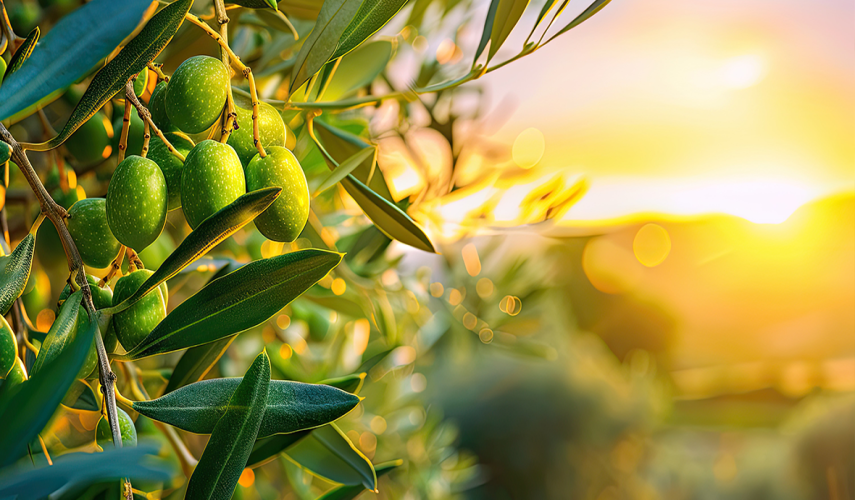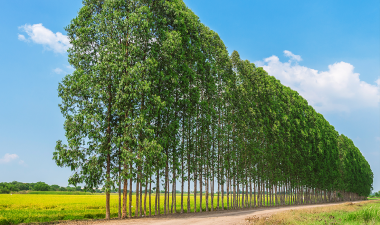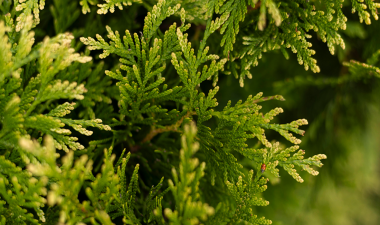Overview of the Olive Plantation Milestone
The olive plantation in Jordan has reached a remarkable milestone, proving the immense potential of sustainable agriculture in the region. This initiative, started with a vision to promote local farming and reduce dependence on imports, has now blossomed into a highly successful venture. The plantation has not only delivered substantial financial returns but also reinforced Jordan's position as a significant producer of high-quality olives and olive oil.
With optimal use of natural resources and modern agricultural techniques, the plantation has achieved impressive yields, meeting both local consumption needs and international market demands.
Returned Profit: A Lucrative Investment Opportunity
The olive plantation has delivered outstanding financial results, with a returned profit margin of 18-28% over the past season. This success is driven by high demand for Jordanian olives and olive oil, both domestically and globally. Investors have enjoyed consistent returns, underlining the profitability and sustainability of investing in agriculture in Jordan's fertile lands.
“With a returned profit ranging from 18-28%, the olive plantation in Jordan showcases the power of combining traditional farming with modern innovation.”[1]
Investment Statistics and Performance Insights
The olive plantation has attracted a diverse pool of investors, including local farmers, international agribusinesses, and environmentally-conscious investors. The initial capital was used to cultivate over 100 hectares of olive trees, with an average yield of 8 tons per hectare. Over the last year, the plantation’s revenue increased by 35%, driven by strong domestic sales and rising exports.
The plantation has reinvested 25% of its profits into expanding the cultivation area and enhancing production capabilities, ensuring continued growth and sustained returns for investors.
Boosting Local Economies and Supporting Sustainability
Beyond its financial gains, the olive plantation plays a critical role in boosting the local economy by creating jobs and supporting smallholder farmers. The project employs sustainable practices, such as organic farming methods and efficient irrigation systems, minimizing environmental impact and promoting long-term ecological health.
This project serves as a model for sustainable agriculture in the Middle East, demonstrating how innovation and traditional knowledge can coexist to create a prosperous future.
Future Prospects and Expansion Plans
Following its current success, the olive plantation aims to expand its production by 40% over the next three years. This expansion includes planting new olive varieties and adopting advanced agricultural technologies to enhance yield and quality. Additionally, the plantation plans to increase its export footprint by targeting new markets in Europe and Asia.
With ongoing support and investment, the olive plantation is set to become a major player in the global olive oil market, strengthening Jordan's agricultural sector and contributing to the country's economic growth.
Join the Movement for Sustainable Agriculture
The success of the olive plantation in Jordan highlights the potential for sustainable agriculture to deliver substantial financial returns while supporting environmental stewardship. As the plantation continues to grow and thrive, there are many opportunities for new investors, partners, and agricultural enthusiasts to get involved.
Become a part of this success story by investing in the future of sustainable agriculture. Support the expansion of the olive plantation and contribute to a greener, more prosperous world.






